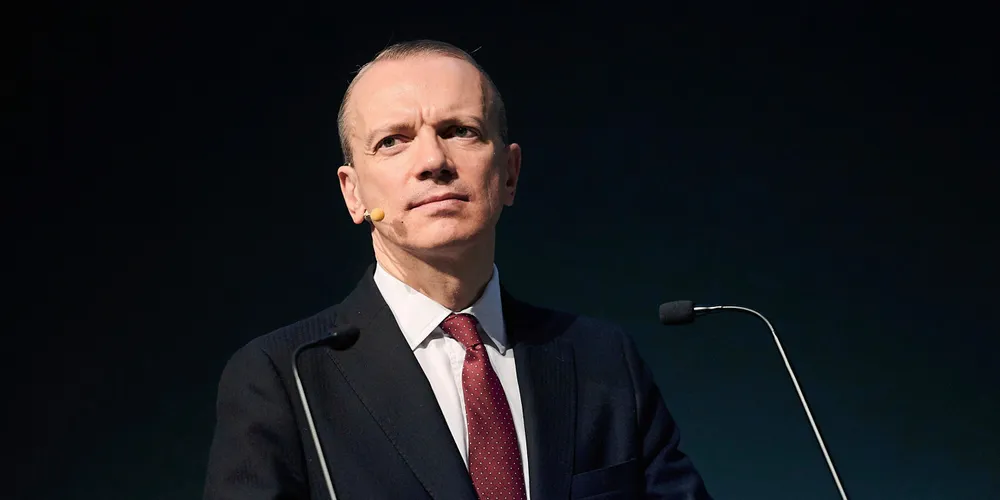'Extremely worrying' | European wind turbine sales crater in inflation-fuelled market storms
Orders fall 47% in 2022 as new project investments total only 12GW – less than half the annual build needed for EU to reach climate security targets, says WindEurope report
